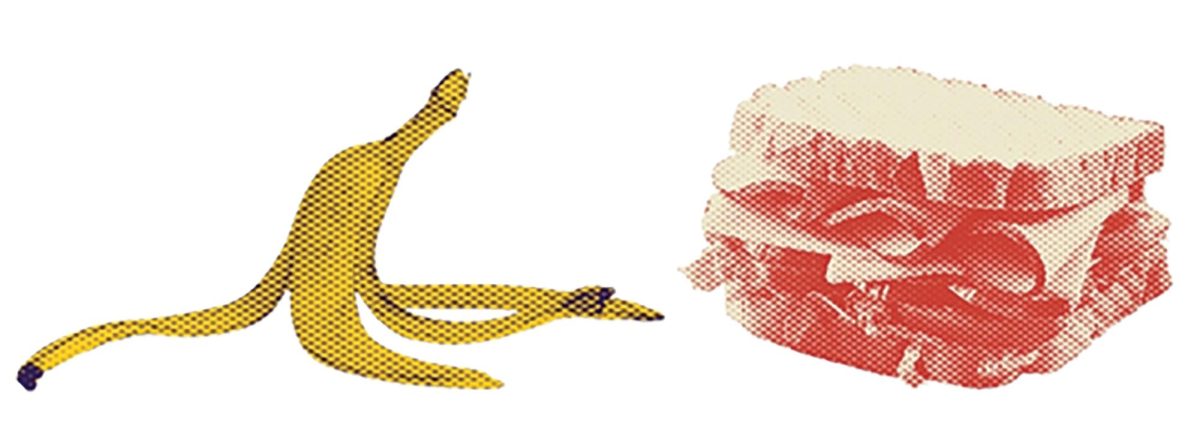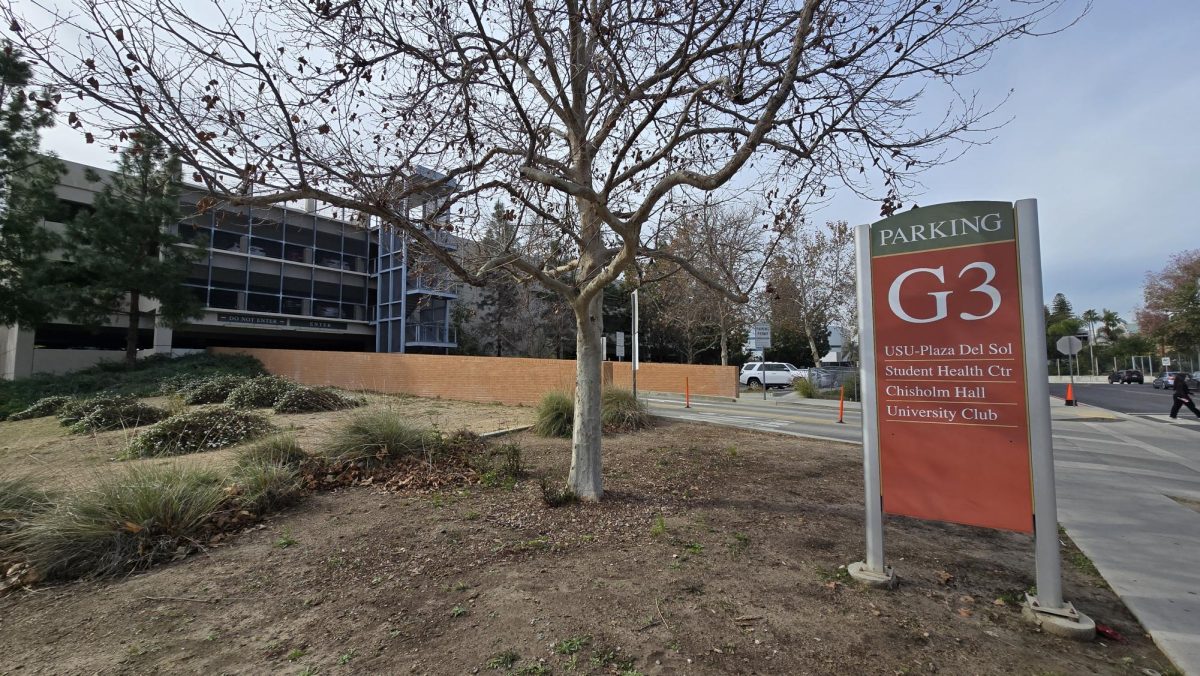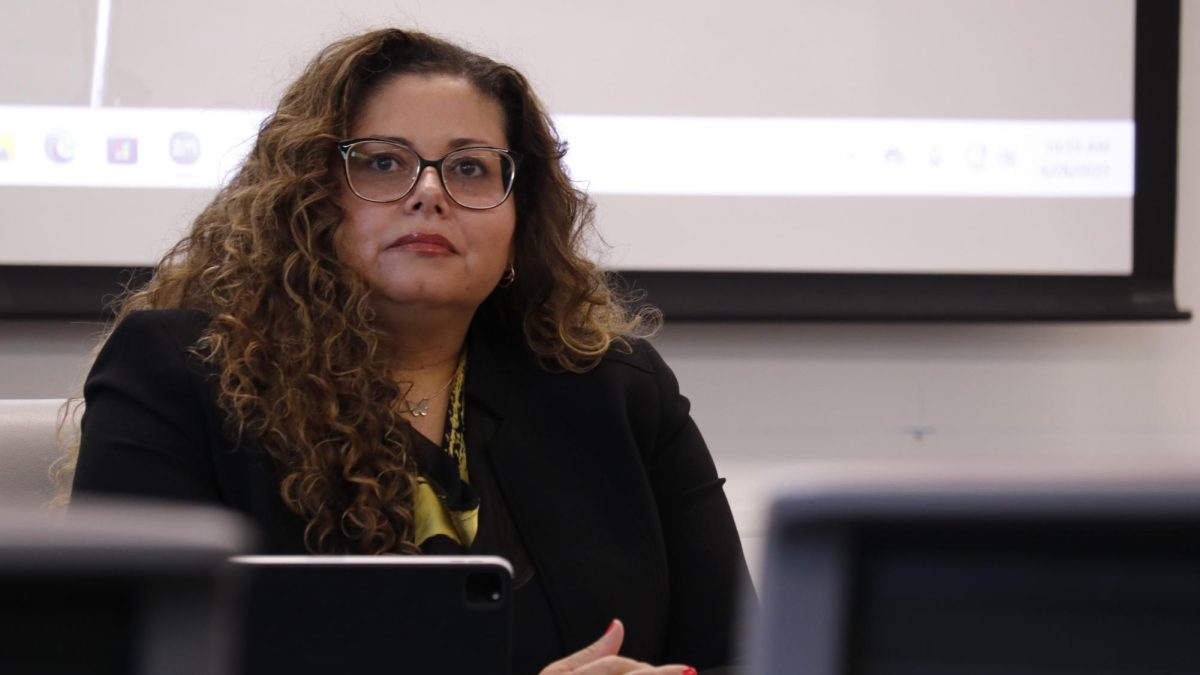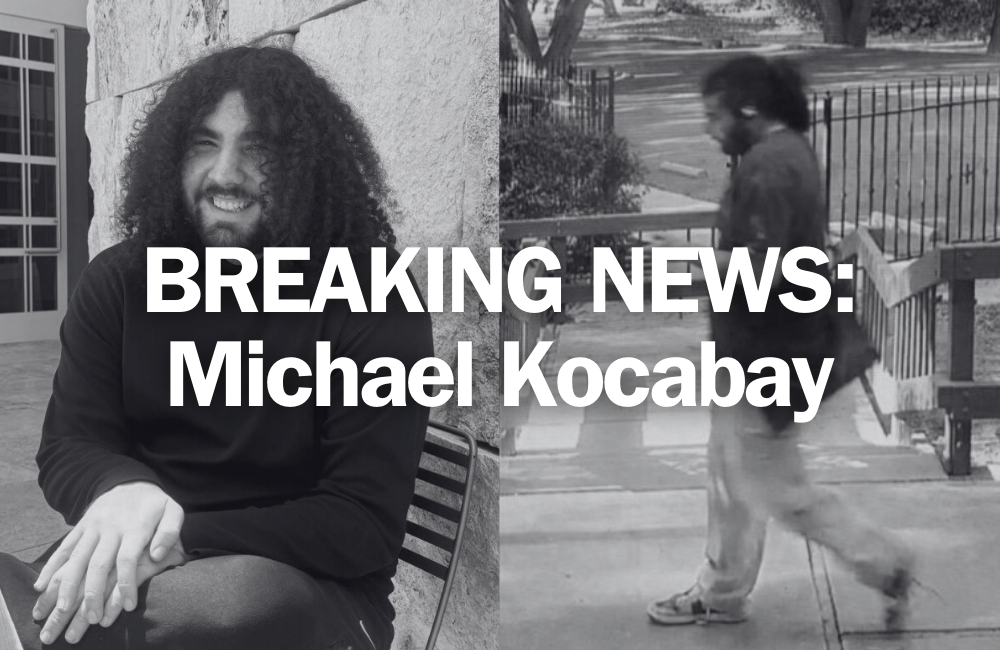CSUN PD warns students to be highly vigilant of how they secure their bikes on campus, as the number of reported bike thefts this month approaches 10, and comes on the heels of four crime alerts and 19 reported thefts in September.
Over a six-day period beginning on Sept. 24, an estimated two to three bicycle theft reports were made per day to CSUN PD.
Most of the bicycles were taken from racks across campus and in student housing.
Eight thefts have been reported this month. According to the department’s crime log, seven out of the eight reported bike thefts occurred in the CSUN University Park Apartments (UPA) adjoining bicycle compound.
Other areas hit with bike thefts include the Oviatt Library, Nordhoff Hall, Manzanita Hall, Cypress Hall, Jacaranda Hall and Eucalyptus Hall.
There was no specific area that seemed to be targeted more than the others.
Most of the stolen bicycles were secured with cable locks, which are discouraged by CSUN PD, which recommends using U-locks as the best defense against theft. A U-lock allows a bicycle’s tire and frame to be locked into place within the bike rack.
“We often see very expensive bikes being ‘secured’ with a cheap cable lock,” said Christina Villalobos, CSUN PD public information officer. “Spend just a little more [about $5] and purchase the U-lock instead.”
Freshman Arfan Muda, a computer science major, agrees that U-locks are a better alternative to the cheaper cable locks, because thieves can use a wire-cutter to remove them.
“People usually just lock up their wheels and even then [thieves] can steal the rest of the bike,” Muda said. “So now I just lock the entire frame together.”
Although U-locks are said to be safer, Muda notices that some students still lock their bikes up in a vulnerable matter.
CSUN PD currently offers a registration program that gives the students the opportunity to register their bicycle with the campus police.
Garran Beck, senior and sociology major, understands how registering a bike with CSUN PD can be useful, but he also questions whether it matters after the bike has been stolen.
“We do register our bikes, but half of the time, [CSUN PD] will not be able to bring them back to us, because it is not like they have GPS on them.”
Villalobos says recovering stolen bikes is not a matter of priority, or lack thereof, but what she calls “solvability factors.”
“The main reason that makes [recovering bikes] so difficult is because most of the time there are no witnesses to a bike theft,” she said. “With very little information provided to police when a report is made [location of the theft and estimated time], it makes it extremely difficult to recover the property.”
CSUN PD also offers students the opportunity to register their bicycle in the Matador Bicycle Compound (MBC), a secured location designated for bicycle commuters that allows students to place their bicycles in a monitored location. The compound is located on the first floor of the B3 parking structure.
Villalobos says the Matador Bicycle Compound is underused and probably one of the safest alternatives that the campus offers. Parking in the Matador Bicycle Compound and bicycle registration are offered free to students.
For additional bicycle safety tips, visit the CSUN PD’s bicycle security and registration page at www.csun.edu/police/bike-security.









